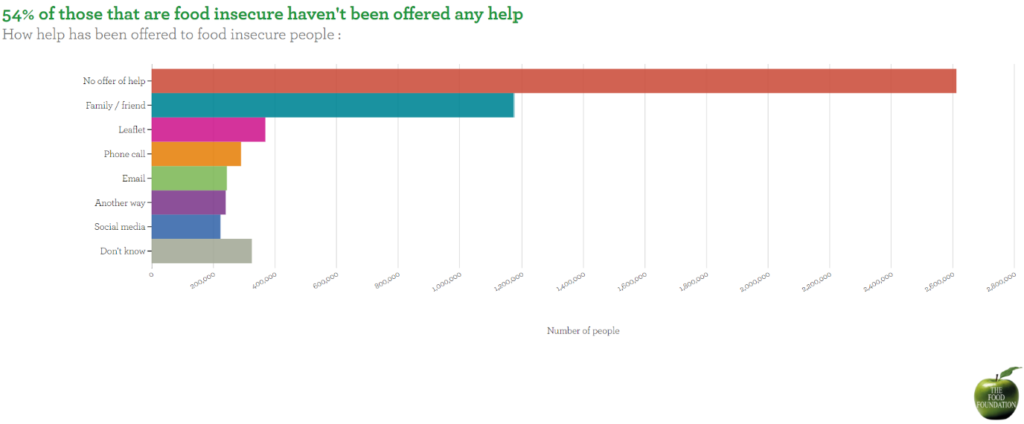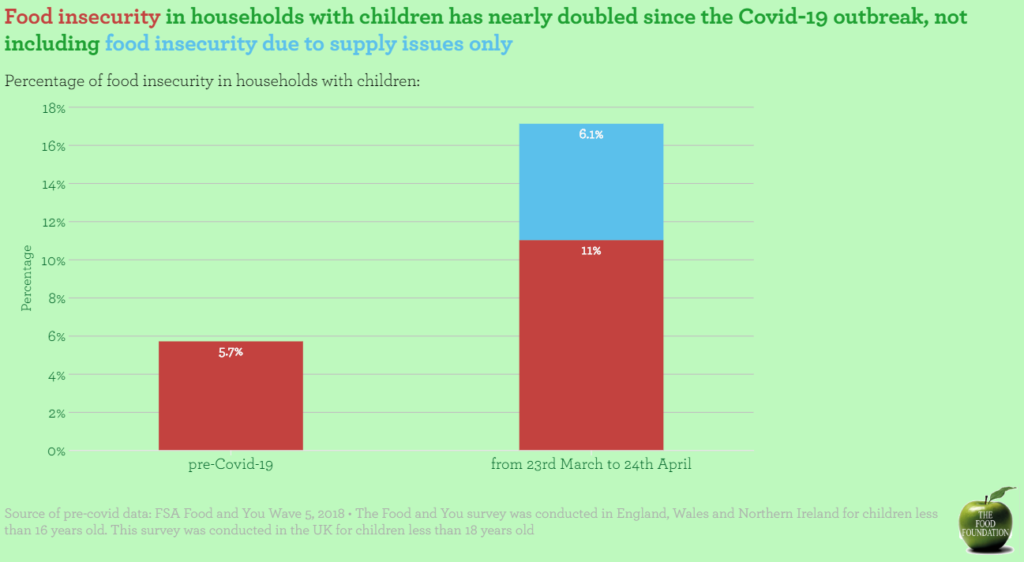For more information on our collaborative work, please contact [email protected]
The Consumer Goods Forum’s ambition to drive healthier behaviours in the UK started with the launch of the Collaboration for Healthier Lives (CHL) UK initiative eighteen months ago. CHL is a global initiative adapted by individual countries that aims to make it easier for people to adopt healthier lives for themselves and their families.
In the UK, trials to try a new form of collaboration between retailers, manufacturers and key stakeholders took place in the London boroughs of Lambeth and Southwark with an ambition of helping customers to understand, find and choose healthier options. In-store trials took place from March 2019 until March 2020 when the initiative was paused due to Covid-19, a crisis that has affected millions worldwide. Results of the 52-week trial are being evaluated by Oxford University and a progress report will be published by CGF and Guys and St Thomas’ Charity in Autumn 2020.
In April 2020, the CHL UK team reached out to stakeholders, including Guys and St Thomas’ Charity and Food Foundation, who have been part of the CHL UK journey to identify where our collective efforts could provide most effective support for families during Covid-19. CGF members were steered towards amplifying Government schemes aimed at supporting families as well as extending our support for Food Banks.
All CHL UK retailers supported the launch of Free School Meals voucher scheme ensuring schools could access vouchers for their parents and children. Going beyond this, several retailers have used online and social media to help families put together simple, nutritious lunch plans for children within the voucher value.
Manufacturers also played their part in supporting those in need during these difficult times. For examples of positive actions some CHL UK members have taken, please see here.
Our work on supporting children’s health will continue and evolve, and later in 2020, we will be supporting the re-launch of the Healthy Start scheme, which helps pregnant women and young children access basic healthy food.
Anna Taylor, Executive Director of the Food Foundation, said: “Protecting our children should be a priority, but currently millions are experiencing food insecurity. Having enough nutritious food to eat is a basic right, and without it children’s mental and physical health suffers irreparably. There is an enormous opportunity for retailers to engage with the new digitization of the Healthy Start scheme which has never been more important, and to play an important role in raising awareness and adding value to the government’s schemes supporting access to healthy food.” For more information from the Food Foundation, please see below.
As a team, CHL UK plan to continue our trials later in 2020, galvanizing the strength of industry collaboration to help customers understand, find and choose healthier options in store and online.
This blog post was written and contributed by:
Judith Robinson
Head of Health – Product, Tesco and CHL UK Co-Chair
New figures from the Food Foundation in a survey conducted 14th-17th May reveal that two months into lockdown food insecurity has become the ‘new normal’, with 4.9 million (9%) adults still experiencing food insecurity, despite supermarket shelves now being better stocked. 1.7 million children (12%) live in these households. Moreover, 54% of those experiencing food insecurity have not been offered help.
This follows a YouGov poll commissioned by the Food foundation in April, which found that more than 350,000 (2%) children have had times when they’ve not eaten enough, because there wasn’t enough food, since lockdown started.
With numbers of Universal Credit applications having increased significantly since lockdown began (the number of people claiming unemployment benefit in the UK rose to 2.1 million in April) it is likely that numbers of those eligible for both free school meals and the Healthy Start voucher scheme will increase over the coming months. 16% of households are finding it harder to afford food now compared with the start of lockdown.



